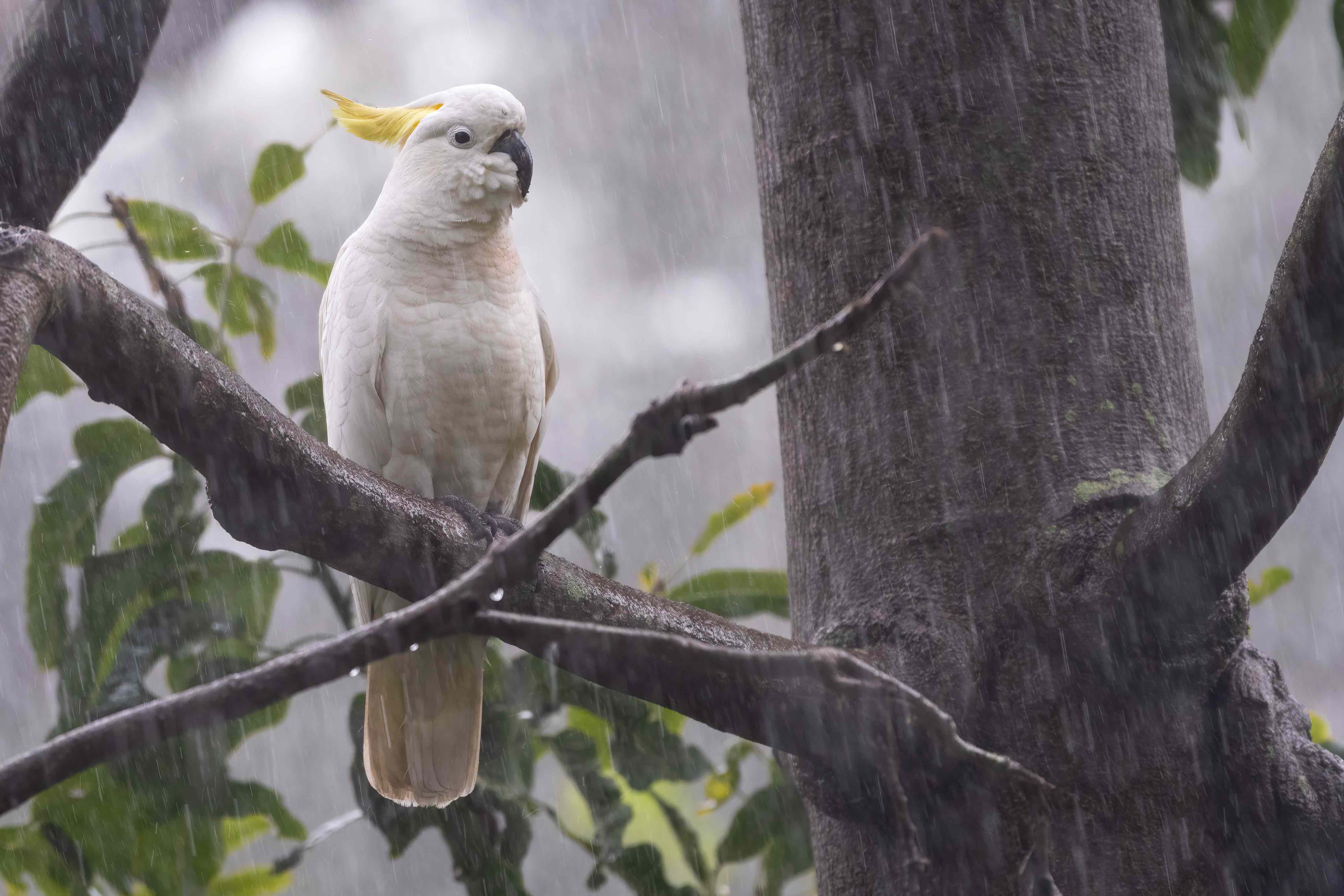Can animals predict weather?
Australia is full of folklore about animals being able to predict the weather, from ants changing behaviour before rain to dragonflies marking the end of the wet season. But how reliable are these miniature meteorologists and what is the most popular animal forecaster in Australia?
Animals in Indigenous Weather Knowledge
The relationship between animals and weather has deep roots in Australia.
To the Wardaman people, whose traditional land lies to the southwest of what is now Katherine township, the appearance of march-flies around September and October would be a sign that the dry season was ending.
Indigenous Weather Knowledge is full of stories like this about how plants and animals can be used to identify changes in the weather and seasons. This deep understanding about the environment was built up by Aboriginal and Torres Strait Islander people over thousands of years.
Animals and weather today
Even today, at a time when powerful computer models simulate future weather conditions with impressive accuracy, people tell stories about how they use animals to predict weather across Australia.
To find out more, we asked our community to share their stories of how animals predict weather in their part of the country. The response was huge and within a couple of hours, we had more than 160 responses. You can read all of the comments on our Facebook post, but here are a few examples:
“Black Cockatoos with patches of yellow feathers inside their tails, i was standing next to a Indigenous Friend on a property one day admiring the creek below in the valley when a flock of these birds flew by and my friend uttered Rain Coming, and sure enough 3 days later rain came.”
“Ants. When I see them build their mounds tall, it always indicates heavy rain or lots of it.”

“My cousin in Darwin said dragonflies mean it’s the end of the wet season. Sure enough there were a heap of dragonflies in Victoria around Christmas and it hasn’t rained since!”
“Currawong ~ a couple of years ago came down to use birdbath in late August. Knew then it was warmer than ‘norm!’”
“My Marsh Frog. He lives in and around my pond/yard. When he starts croaking all night for days, rain is on its way.”
“Ants. We had a very reliable ant nest in one of our paddocks. You could tell how much rain was coming by how tall they built the opening up!”
“Cows, a little old lady once told me that if you see a paddock and all the cows are lying down it means rain is coming.... and she has been 100% right every time.”

“Just before the massive Brisbane floods, I was opal fossicking at Yowah, and one of the old miners commented that the local emus had large clutches that year, meaning that a lot of rain was coming.”
“Our pet sheep started pacing and baa-ing madly before we had a massive dump of snow that lasted for a week!”
“Lizards, when I see them heading for the laundry to get out of the rain, I know it’s raining”
One thing we noticed from our community comments is that a LOT of people seem to have their own story about animals changing their behaviour because of the weather. It was also clear that ants and birds were the two most popular indicators that the weather is about to change.

So, the anecdotal evidence seems pretty overwhelming, but can animals actually predict impending weather?
Tanya Latty, an associate professor in the School of Life and Environmental Sciences at the University of Sydney, wrote in The Conversation that “given the diversity of ant species and their well-developed sensory systems, it’s possible that some ant species have evolved a way to detect rain before it falls. But observational or experimental data showing that ants actually alter their behaviour in anticipation of rain is currently lacking.”
This apprehension about the weather prediction skills of ants was also noted by Wayne Robinson, a lecturer at Charles Sturt University, who told the ABC that “there is no scientific evidence of any relationship between ants and rain except to say that we know that ants behave in certain ways after rain.”
Another column written by researchers from the University of Sydney points out that “brush-turkeys are known to protect their mounds from heavy rain. Much anecdotal evidence suggests brush-turkeys can predict the weather in advance, and reshape their mound accordingly.”
So, should you trust signs from nature to predict the weather?
As a professional meteorologist, my advice would be to always check computer-based weather information, such as your local weather forecast, official thunderstorm warnings or live radar data. But it won’t hurt to also keep an eye on nature for any signs that a change in the weather might be on the way.